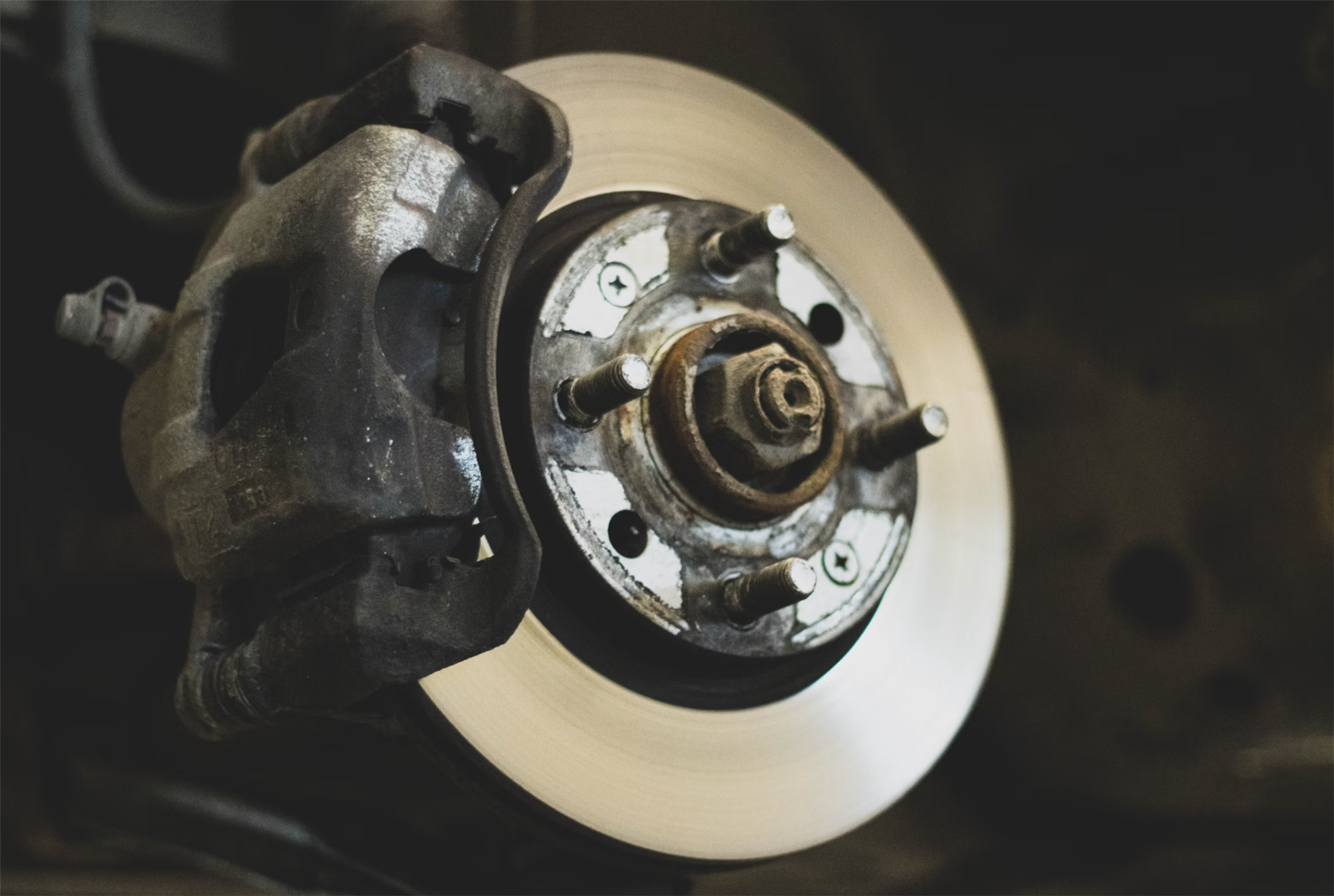
What Is the Impact of Spring Weather on Your Brakes?
As winter's cold embraces spring's warmth, many of us eagerly anticipate the blossoming of flowers, the return of birdsong, and the chance to roll down our windows and feel the breeze. However, amidst the excitement of spring, it's crucial not to overlook the impact that this change in weather can have on our vehicles, particularly on one of the most critical components–our brakes.
At Aurora AutoPros, we understand the importance of keeping your vehicle safe and roadworthy throughout the year, and we are here to shed light on how spring weather affects your brakes and what steps you can take to ensure they remain in optimal condition.
Understanding the Impact
The seasonal changes in the spring can affect how well your brakes perform. One of the most significant factors is moisture. Rust and corrosion can enter your brake system when the snow melts, and rain falls more frequently.
Furthermore, the fluctuating temperatures of spring can cause your brake pads and rotors to expand and contract. This constant expansion and contraction can accelerate wear and tear on these components, potentially leading to decreased braking efficiency and increased stopping distances.
Effects of Temperature Fluctuations
During the winter, cold temperatures can cause your brake fluid to thicken, resulting in decreased responsiveness and potentially leading to brake failure in extreme cases. However, as spring arrives and temperatures rise, this thickened brake fluid may become more fluid, increasing the risk of brake fade.
What Does Brake Fade Mean?
The loss of braking power, known as brake fade, happens when the brake fluid boils due to the heat created during braking. This phenomenon is particularly common during stop-and-go driving in heavy traffic or descending steep grades. Therefore, it's essential to have your brake fluid inspected and replaced regularly to maintain optimal performance.
Signs of Brake Wear
It is essential for a responsible car owner to always keep an eye out for signs of brake wear, particularly when the seasons change from winter to spring. Some common indicators that your brakes may require attention include:
- Squealing or grinding noises while applying the brakes.
- Feelings of pulsation or vibration via the brake pedal
- Increased stopping distances
- A soft or spongy brake pedal
- The presence of warning lights on your dashboard, such as the ABS or brake system warning light
If you notice any of these warning signs, it's imperative to have your brakes inspected by a qualified technician promptly. Ignoring these symptoms can compromise your safety and result in more extensive and costly repairs.
Spring Brake Maintenance Tips
To ensure your brakes remain in top condition throughout the spring season, consider implementing proactive maintenance at all times. Here are some steps you can take to ensure your brakes are in optimal condition:
- Inspect Your Brakes Regularly: Take the time to visually inspect your brake pads, rotors, and brake fluid levels. Always look out for signs of wear, such as thin brake pads or uneven rotor surfaces.
- Replace Worn Brake Components: If you notice any wear or deterioration, don't hesitate to replace worn brake pads, rotors, or brake fluid. Neglecting these components can compromise your safety on the road.
- Check for fluid leaks: Inspect your vehicle for any signs of brake fluid leaks, such as puddles or stains beneath the car. Addressing leaks promptly can prevent brake failure and costly repairs down the road.
- Maintain Proper Tire Pressure: Proper tire pressure is crucial for optimal braking performance. Check your tire pressure regularly and inflate to the manufacturer's recommendations.
- Schedule Professional Brake Service: Finally, don't overlook the importance of professional brake service. A qualified auto technician can comprehensively inspect your braking system and address any issues before they escalate.
A Trip To Aurora AutoPros Is All You Need!
We at Aurora AutoPros know how important it is to keep your car's brakes in good repair all year round. Our top-notch services put your safety and comfort first, and we use cutting-edge technology coupled with a staff of highly trained professionals.
Feel free to schedule an appointment with us to get your car road-ready for a better and safer cruise. If you're interested in seeing what interesting, entertaining, informative, and exciting things we share with our community, we welcome you to follow us on Facebook and our social media channels.